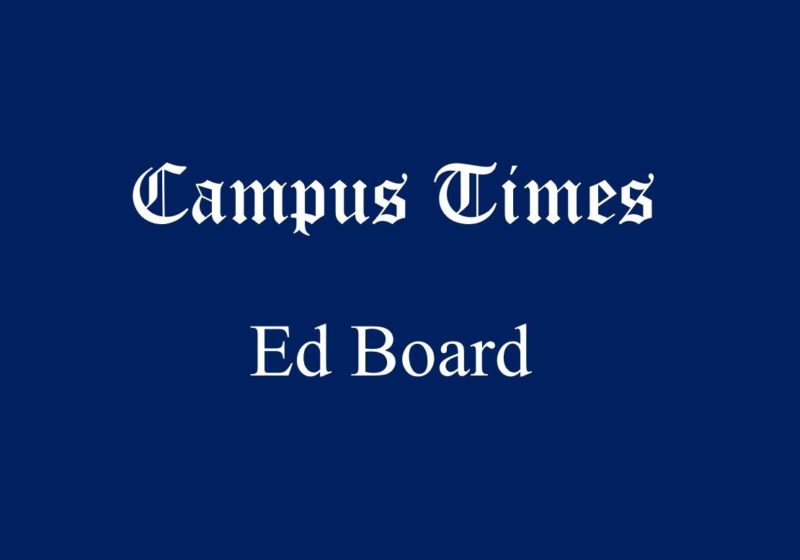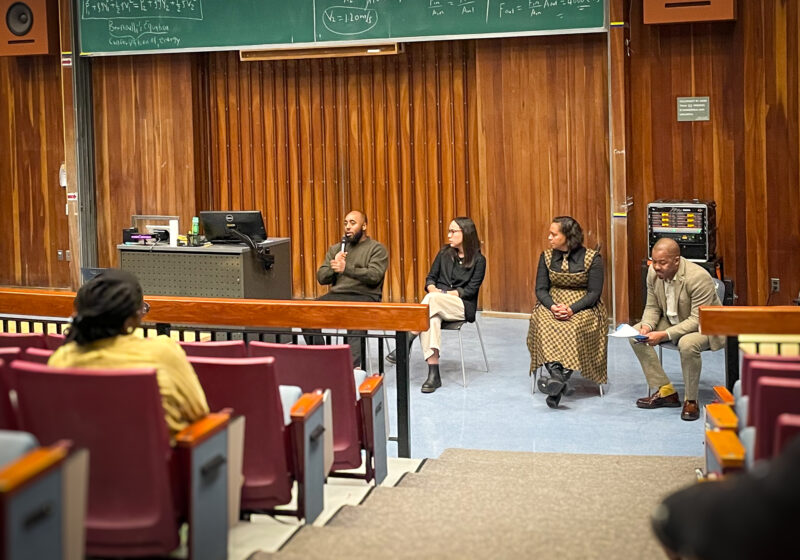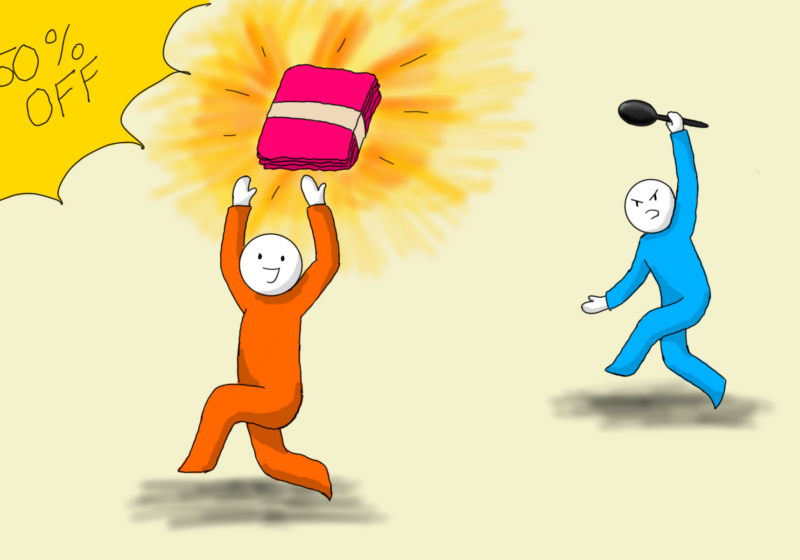If you want to go into journalism at UR — and we think you should — there are only so many places to go.
Your options are limited because UR simply doesn’t offer enough journalism courses. And even for the ones that are offered, there’s so much overlap that you find yourself learning the same material over and over again, when you could be expanding and exploring different formats and styles.
This is not to knock the journalism professors and courses that are present on this campus. From personal experience, we can attest to the value of their backgrounds, mentorship, and know-how. But there just isn’t enough variety.
There are advanced courses for feature writing, but no basic courses for sports and culture journalism, and no advanced course for news reporting.
In recent years, journalism has found success in video and podcasting, but those forms are only marginally featured in journalism courses at UR.
Moreover, if you want to major in journalism (which you can’t here), you follow the Language, Media, & Communications track. But there are not enough upper-level journalism courses to satisfy the major requirement. Before the Spring of 2019, there was only one upper-level journalism course at the 200-level (now there are two). You need four for the major, meaning you have to take courses for your major that have nothing to do with what you’re actually interested in.
Journalism can’t be taught from a book; you need repeated practice and varied mentors from different fields. In order to maintain journalistic skills, you need constant opportunities to work and learn.
We at the Campus Times have been working to educate students with ambitions in journalism through advice and practice. On Saturday, we held an event on the basics of reporting and writing a news article. We’ve been working to collaborate one-on-one with less experienced writers in an effort to help teach them the ropes. Even if UR doesn’t see the necessity, we at CT work to maintain a space for students to learn the ins and outs of journalism, for both ourselves and the sake of the campus as a whole.
But the onus shouldn’t entirely be on us. We’re in a school, for Pete’s sake.






